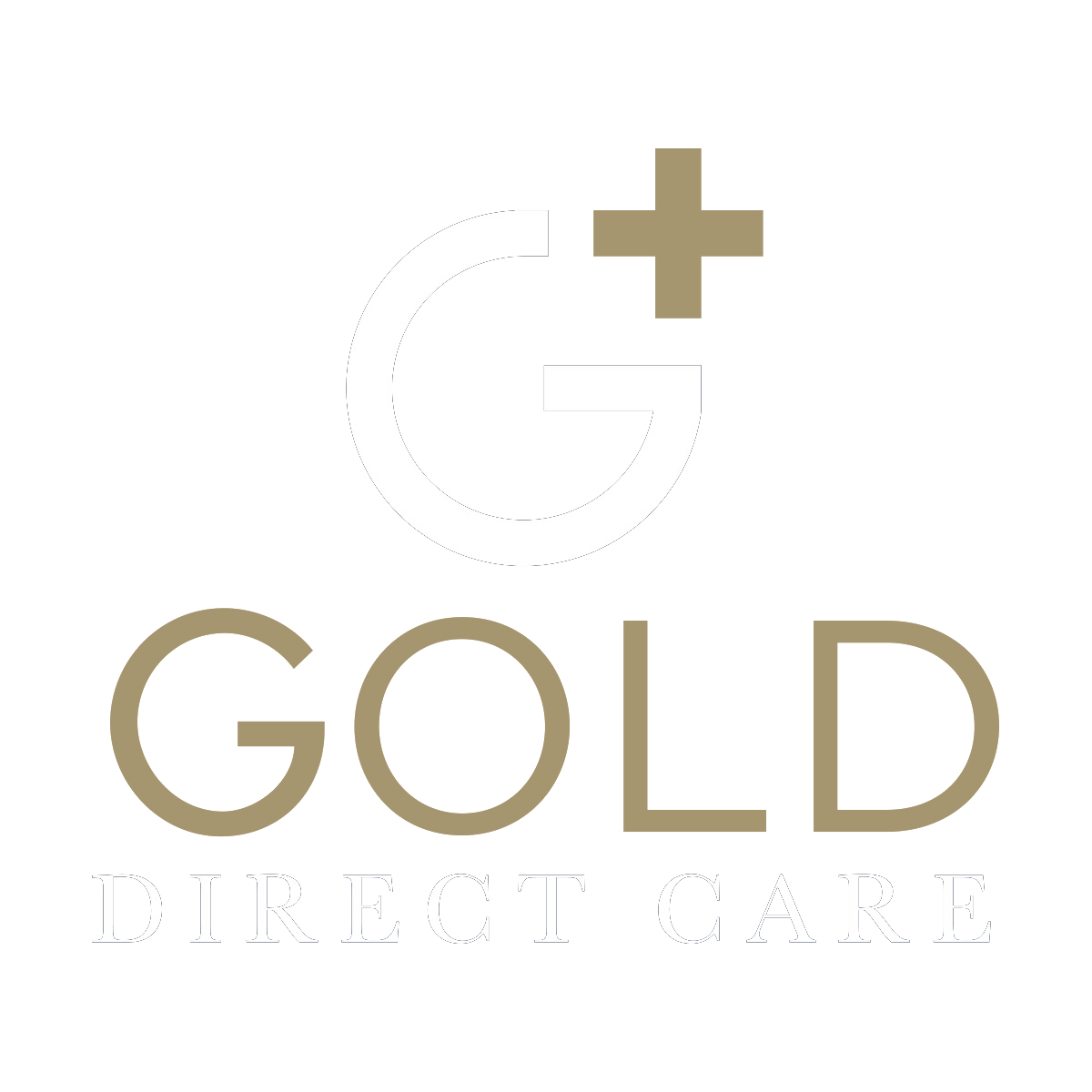Why Direct Primary Care Is Gaining National Attention — And What It Means for You

A recent Boston Globe article spotlighted something we’ve believed in from the start: the growing momentum behind Direct Primary Care (DPC). Across the country, more patients and physicians are rethinking how primary care should work—and many are choosing a model that prioritizes time, transparency, and trust. At Gold Direct Care, we’ve been at the forefront […]
Direct Primary Care Gains National Attention: What It Means for Patients and Providers

In a healthcare system often bogged down by red tape and rising costs, Direct Primary Care (DPC) is emerging as a promising alternative. And now, it’s not just patients and doctors taking notice—national policymakers are beginning to take interest as well. A recent AP News article highlights how DPC is gaining traction in federal discussions […]

